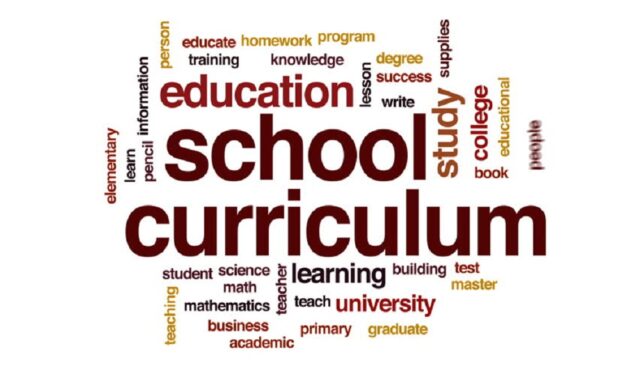
Education is the most valuable gift a parent can provide and the best institution is also a fundamental right of every child. Keeping this in mind, selecting the right school for your child is a critical decision that can directly impact their future.
A strong education will give your child a wide range of opportunities to explore and the information needed to make informed judgments, whether deciding on a professional path or making other life-changing decisions.
As a result, finding a junior school that can fully support their future path is important. But aside from that, what are the other factors you need to consider in choosing the best school for your child?
1. Location of The School

The location is the first significant factor to assess when choosing a school for your child. It is important to commute. Unless you want to send your children to a boarding school, commuting time and distance are crucial considerations before committing to a certain school.
Whether you utilize the school’s transportation or your vehicle to drop off and pick up your children, you should select a school that is convenient to your house. And this prevents your children from waiting in a car, on a bus for lengthy periods, or from accidents, which can affect their mental and physical health when they arrive at school.
2. Your Child’s Needs and Interests
Your child’s needs and interests are the second factors you must consider when choosing the best junior school. Since children are the ones who will go to school, it is more important to know their preferences so that your child can enjoy the learning experience fully.
Understand what your child’s passions and hobbies are. Like, is he more interested in music than sports? With that, ensure your child’s schools allow them to explore these interests. Some schools may have a stronger sports department, while another has a stronger music program. You’ll want to find a school where your child can grow and realize their full potential rather than one where they’ll feel awkward or excluded because their abilities aren’t being nurtured.
3. School’s Customs

The school culture is the third factor to assess when selecting a school for your child. That is because a strong culture may influence the values and conventions of any organization, including educational institutions. A strong school culture also promotes instructors’ and students’ devotion to high performance.
This factor may encourage instructors to broaden their knowledge base to affect learning in several ways and drive performance. Such a learning strategy assures that the school not only focuses on boosting academic achievement but also fosters extracurricular activities. So, before your child begins school, make sure the institution’s culture aligns with the future you envision for your child.
4. The Type of School
Before you choose a learning institution for your child, you should probably evaluate the sort of school. As previously said, there are several sorts of schools, which may be divided into two basic sub-categories: regular and special.
If your child has special needs, you should consider enrolling them in a special needs school. There are several advantages to special needs education for students who are learning with impairments. If you send your challenged child to a regular school, they will miss out on a special education tailored to their specific requirements.
5. School’s Reputation

When choosing a school for your child, researching the school’s history is crucial. Like how do the administration and the school address various sorts of issues? After all, you want our children to receive the finest education possible while being safe among other children and teaching staff.
Since the internet is a valuable research tool, it becomes easier to locate information revealing the school’s standing. You can do it by checking their educational websites for rating scores. Also, you may look for reviews and testimonies from other parents whose children attended the same school. That is because their assessment of the services offered tends to be more honest and direct.
6. Think About The School’s Safety and Security
Aside from the school’s reputation, it would help if you considered selecting a school that can assure your child’s safety and security. Children will spend a significant part of their day in school, depending on their level and age. As a result, you must guarantee that the surroundings you choose to send your child are safe.
A safe school atmosphere provides students with an open platform to explore, study, and grow without boundaries. External and internal security threats might exist in schools. And as a parent, you must check that the school you choose for your child has taken precautions to protect your child from these sorts of security and safety hazards.
7. What are the available curriculums?

The last but most important thing you must include when selecting the best junior school for your child is whether the school offers a comprehensive curriculum. Curriculums are the most important factor that you need to remember when making your selection. That is because this will support the learning foundation of the children.
Realistically speaking, not all schools offer the same curriculum sets. The curriculum reflects how the school approaches its students, like how effectively they teach, do activities, and share their knowledge with their students. You must check if their curriculums can support your child’s development. With that, you will have the assurance that your child is in the right hands.
The Best Junior School For Your Child
Some parents may find it difficult to choose the best school for their child, especially first-time parents who don’t know what to consider. Remember that junior schooling is significant for their learning experience, so be certain you’ve given this option great consideration.
As a result, several criteria must be addressed, ranging from ultra-specific to basic yet critical. You can consider the factors mentioned above while selecting the finest school for your children to make the best selection possible.












